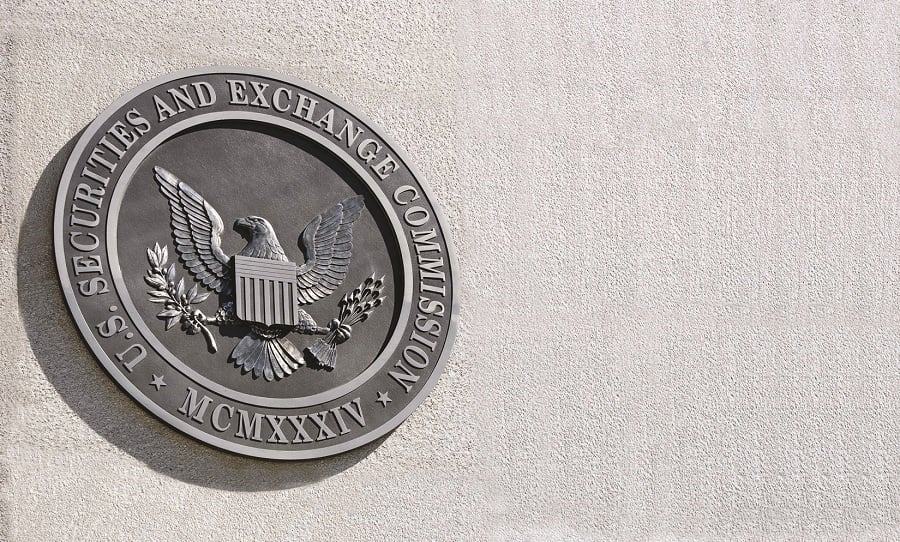

In a joint effort to bolster the integrity of the capital markets, the Securities and Exchange Commission and the Financial Crimes Enforcement Network have announced a proposed rule aimed at enhancing the anti-money laundering measures within the investment adviser sector.
The regulatory proposal mandates that both RIAs and exempt reporting advisers establish and preserve comprehensive customer identification programs. These programs are intended to verify and document the identities of their clients, a move to curb money laundering, terrorism financing, and other types of illegal financial activities.
According to SEC Chair Gary Gensler, the new rule will tackle the use of deceptive practices to infiltrate the US financial system.
“The proposed rule is designed to make it more difficult to use false identities to establish customer relationships with investment advisers,” Gensler said in a statement, expressing support for the rule as it would curb the risk of dollars for illicit purposes contaminating the US financial markets.
FinCEN Director, Andrea Gacki, highlighted the existing vulnerabilities that have been exploited by criminals.
“Criminal, corrupt, and illicit actors have exploited the investment adviser sector to access the US financial system and launder funds,” Gacki said.
Last month, revelations broke of Morgan Stanley’s wealth unit being caught in an AML crossfire as it faced probes from several agencies including the SEC, the Office of the Comptroller of the Currency, and various offices within the Treasury Department.
“This proposal would help investment advisers better identify and prevent illicit actors from misusing their services, while advancing a harmonized set of CIP [customer identification program] obligations.”
The proposed rule also complements a February FinCEN proposal that recognizes investment advisers as financial institutions under the Bank Secrecy Act, extending anti-money laundering responsibilities and reporting requirements. In that proposal, FinCEN cited an assessment from the Treasury department that flagged the investment advisor space as an onramp for foreign money linked to corruption, fraud, tax evasion and other crimes.
In a flash response to the SEC's announcement, the Managed Funds Association, a global trade association for hedge funds and private credit funds, said that while it supports efforts to deter money laundering, regulators should also make efforts to avoid overlaps between new regulations and existing AML controls by other parties.
MFA's membership reportedly includes 80 percent of hedge fund and private credit funds managing assets of at least $10 billion.
"Alternative asset managers take AML issues seriously and use fund administrators, dealers, and other service providers that are keenly focused on preventing money laundering, including through private funds," said MFA President and CEO Bryan Corbett in an emailed statement to InvestmentNews.
Corbett stressed that investors in private funds typically transmit their assets from financial institutions that are already subject to strong AML regimes. He said MFA is currently reviewing the proposal and "will look forward to continued, constructive dialog with the SEC and FinCEN on AML issues."
The new proposal, published Monday on the SEC website and to follow in the Federal Register, will be open for public comment for 60 days. The federal securities regulator has also posted a fact sheet on the rule for commenters to refer to.

Canadian stocks are on a roll in 2025 as the country prepares to name a new Prime Minister.

Two C-level leaders reveal the new time-saving tools they've implemented and what advisors are doing with their newly freed-up hours.

The RIA led by Merrill Lynch veteran John Thiel is helping its advisors take part in the growing trend toward fee-based annuities.

Driven by robust transaction activity amid market turbulence and increased focus on billion-dollar plus targets, Echelon Partners expects another all-time high in 2025.

The looming threat of federal funding cuts to state and local governments has lawmakers weighing a levy that was phased out in 1981.
RIAs face rising regulatory pressure in 2025. Forward-looking firms are responding with embedded technology, not more paperwork.
As inheritances are set to reshape client portfolios and next-gen heirs demand digital-first experiences, firms are retooling their wealth tech stacks and succession models in real time.
